Section 3
The Constitution
By Boundless

Adopted on September 17, 1787, the Constitution is the supreme law of the United States of America.

The Bill of Rights is a series of limitations on the power of the U.S. government, protecting the natural rights of liberty and property.
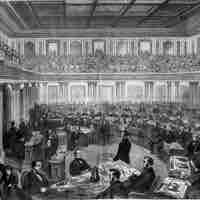
The legislative branch is represented by Congress, a bicameral chamber consisting of the House of Representatives and the Senate.
The executive power in the government is vested in the President and Vice-President of the United States, the Cabinet and federal agencies.
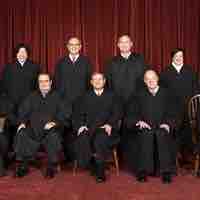
Organized under the U.S. Constitution, the Supreme Court and federal courts make up the judiciary branch of the United States.
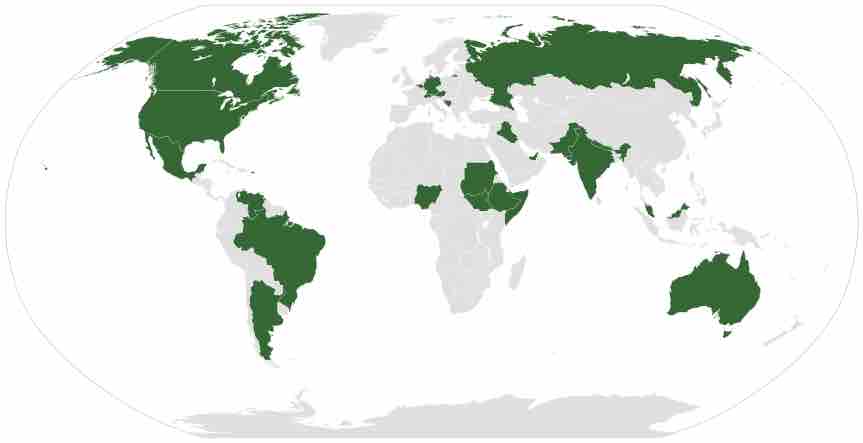
Federalism in the United States is the evolving relationship between U.S. state governments and the federal government of the United States.
The United States adheres to the principles of a constitutionally limited government in the three branches of government.
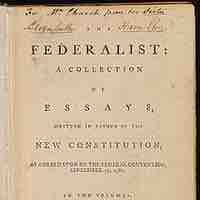
In a limited government, the power of government to intervene in the exercise of civil liberties is restricted by constitutional law.

Separation of powers is a doctrine in which each of the three branches of government have defined powers independent of each other.
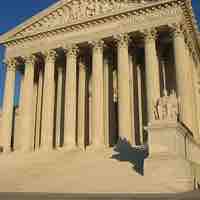
To get the three branches of government to cooperate, a system of checks and balances was created to achieve a fair separation of powers.